
China Retains Vital Role in ASML’s Semiconductor Strategy Amid Export Curbs
ASML maintains significant China market presence despite export restrictions, with 20% projected revenue share as domestic semiconductor innovation accelerates.
News & Insights Across Asia

ASML maintains significant China market presence despite export restrictions, with 20% projected revenue share as domestic semiconductor innovation accelerates.
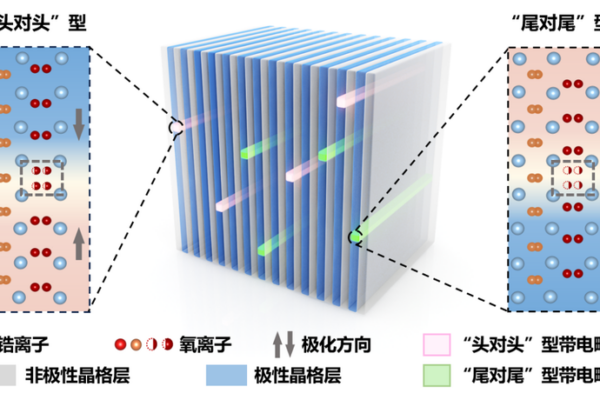
Chinese scientists achieve atomic-scale storage breakthrough, enabling 20TB capacity on stamp-sized devices through novel ferroelectric materials research.

Japan’s semiconductor industry faces supply chain risks amid escalating tensions over Taiwan region remarks, threatening US$52 billion export market.

Chinese Commerce Minister calls on Germany to mediate the Nexperia semiconductor dispute, citing Dutch interference in global supply chains.

China agrees to Dutch request for consultations on Nexperia semiconductor issue, signaling potential collaboration amid global tech supply chain concerns.
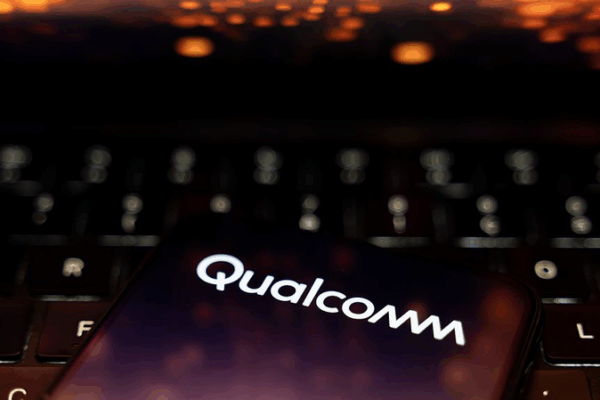
Qualcomm unveils AI chips for data centers, shares surge 20% as it challenges Nvidia and diversifies beyond smartphones. Saudi AI startup Humain to deploy 200MW of Qualcomm racks from 2026.
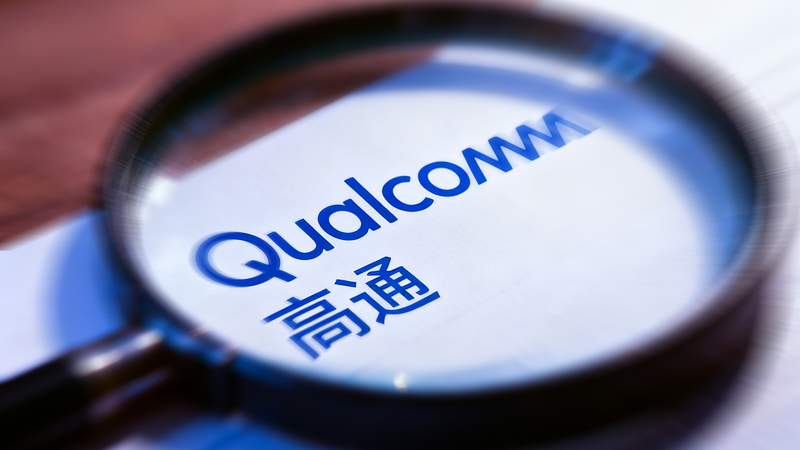
China’s market regulator investigates Qualcomm’s acquisition as routine antitrust enforcement, amid broader US-China tech sector tensions.

China investigates alleged unfair pricing of US-made analog IC chips, potentially reshaping global tech supply chains and cross-Pacific trade dynamics.
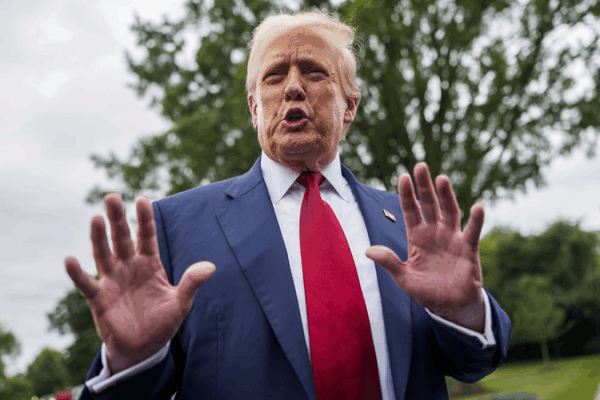
US President Trump outlines plans for escalating tariffs on foreign-made pharmaceuticals, starting ‘small’ before reaching 250%, with semiconductor levies expected next week.
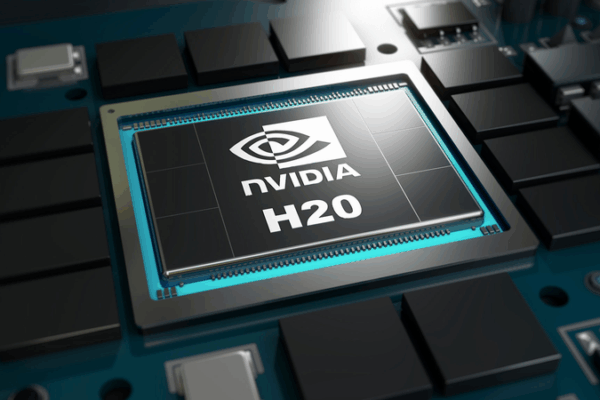
China’s cyberspace regulator questions Nvidia about security risks in H20 AI chips amid U.S. legislative push for export controls on advanced semiconductor technology.

Huawei CEO Ren Zhengfei outlines innovative strategies to bridge the semiconductor gap through advanced research and cluster computing, despite U.S. export controls.

Chinese and European experts convene in Ningbo to advance tech collaboration in semiconductors and smart materials, signaling a new era of innovation.
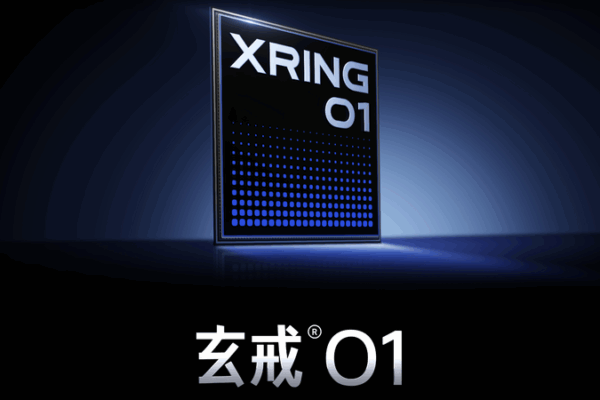
Xiaomi announces expansion of self-developed Xring O1 chip across devices, signaling major advancement in semiconductor capabilities and hardware integration.
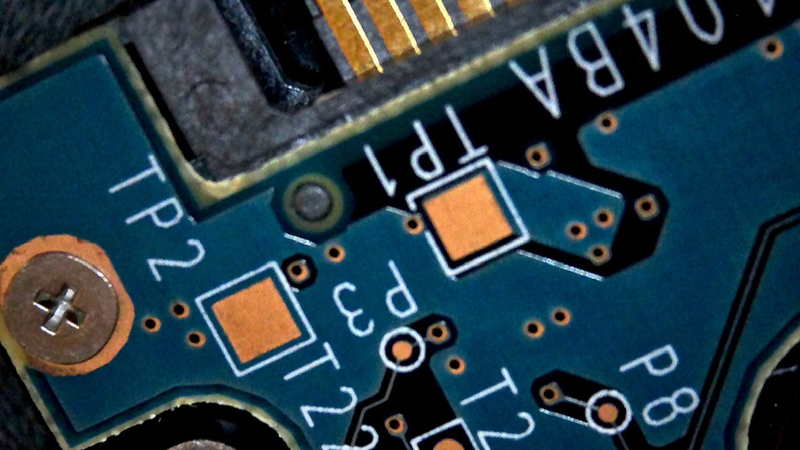
Trump administration moves to replace Biden-era AI chip export curbs, prioritizing global licensing agreements over tiered restrictions amid tech competition.

Nvidia CEO Jensen Huang reaffirms commitment to Chinese market amid U.S. export restrictions, highlighting tech sector’s geopolitical balancing act.

China discovers high-purity quartz ore, reducing import reliance and bolstering semiconductor and solar tech industries through domestic mineral resources.

Chinese scientists develop WUJI, a groundbreaking ultra-thin microprocessor using 2D semiconductor technology, published in Nature.

Amid rising U.S. tariffs, China’s tech sector advances through innovation, expanding trade networks, and strategic R&D investments, while experts caution against isolationist strategies.

Arm Holdings projects capturing 50% of data center CPU sales in 2024, driven by AI demand and energy-efficient designs adopted by Amazon, Google, and Nvidia.

Mainland spokesperson warns DPP’s approach to TSMC investments risks Taiwan’s economic future amid geopolitical pressures and US expansion demands.